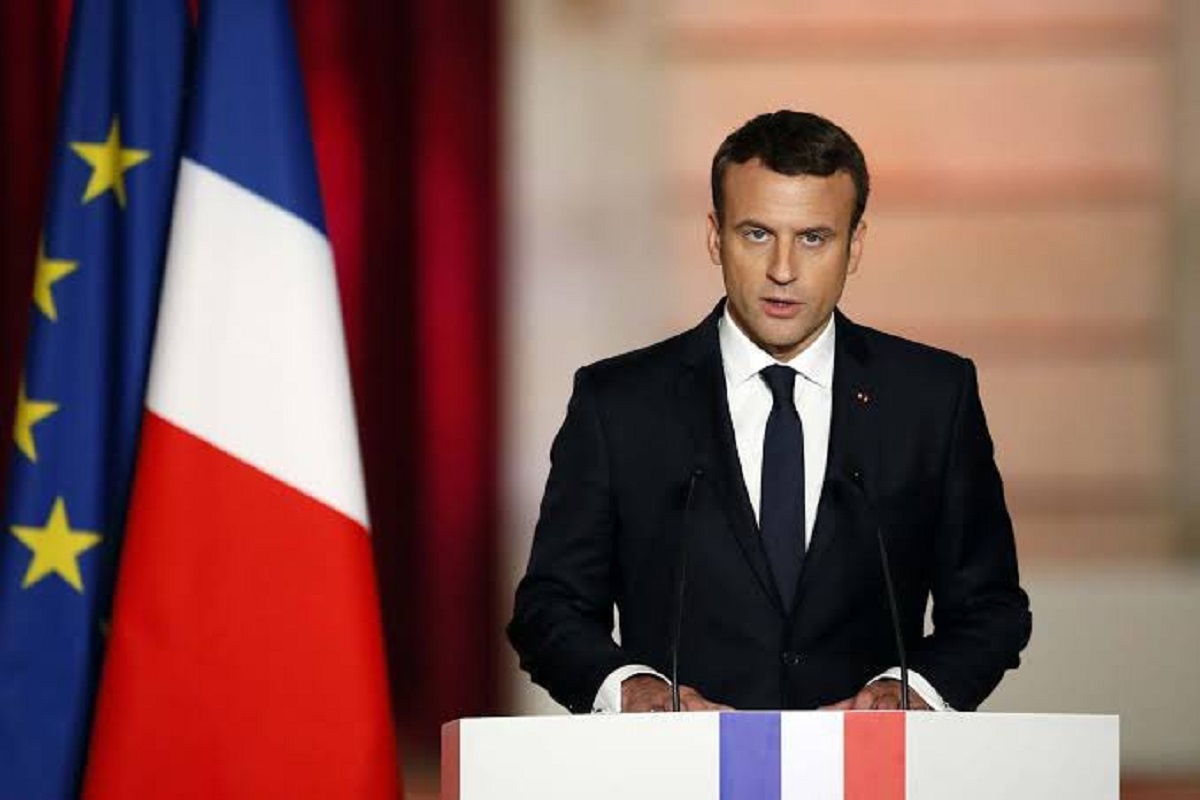Fears that the far-right under Marine Le Pen might carve a path to the Élysée Palace ultimately proved to be unfounded. Emmanuel Macron retained the French presidency with a 17 per cent advantage over his opponent.
In most countries, a lead of that magnitude would qualify as a landslide. In the case of France, though, it has to be measured against Macron’s margin versus the same opponent five years ago, when the gap was almost twice as large. And back in 2002, the last time a French president was re-elected, Jacques Chirac improved his score from less than 20 per cent in the first round to more than 82 per cent in the second, with Marine’s papa, Jean- Marie Le Pen, as his opponent.
On that occasion, the vast majority of French voters cast aside their doubts about the conservative candidate to keep out the neo-fascist National Front leader. Much has changed since then, partly as a consequence of Marine Le Pen’s efforts to ‘detoxify’ the party she inherited, now known as National Rally and no longer associated to the same extent in the public imagination with its Nazi-sympathising, Holocaust-denying tendencies.
There can little doubt her ‘cleansing’ mission has been assisted to a considerable extent by Macron, who has dipped his toes, and some- times more, into the same fetid pool of anti-immigrant — and specifically anti- Muslim — sentiment, thereby welcoming it into the mainstream of French political discourse.
France is home to more Muslims than any other European country and it’s not entirely surprising that almost 70 per cent of them who voted in the first round cast their ballots for Jean-Luc Mélenchon, who came within 1.5 per cent of beating Le Pen to gain a slot in the second round.
A Mélenchon-Macron contest would have been fascinating. Macron might still have won, but at least he would have been challenged not just on his neoliberal ideology but also on his racist flirtations and globalist pre-tensions.
Beyond Mélenchon’s instinctive anti-racism and his passion for pre- serving and building on all that is admirable about the French welfare state that Macron is determined to dis- mantle bit by bit, his advocacy for environmental action and his internationalist intentions — including debt cancellation for former colonies in Africa — struck a chord, particularly in young people. In several respects, Mélenchon’s appeal is comparable with the Bernie Sanders and Jeremy Corbyn phenomena in the US and Britain respectively, in the sense of septuagenarian politicians channelling the hopes of young people alienated by a status quo that dismisses their aspirations as unachievable.
A crucial difference is that whereas Corbyn and Sanders saw no feasible alternative to counting on the established Labour and Democratic parties for their ascendancy, Mélenchon represents La France Insoumise, which owes precious little to the mainstream ‘left’ that has tanked during the 21st century, not least the Parti Socialiste (PS) that the devoutly neoliberal Macron sprang from. The PS has devolved from a leading force in French politics into a marginal entity whose candidate, Paris mayor Anne Hidalgo, scored less than 2 per cent in the first round of the election. That’s fewer votes than both the Greens and the Communist Party (PCF).
The PS almost completely lost its diminishing appeal by failing to substantively distinguish itself from the conservatives. But the once mainstream right-wing also scored almost as few votes as the Greens. Had the PCF cast its lot with Mélenchon, he just might have edged out Le Pen, creating a very different dynamic last Sunday.
Mélenchon has now appealed to the public to make him prime minister in June’s parliamentary elections, as a bulwark against Macron’s neoliberal inclinations.
In the recent past, Macron has reduced taxes on the rich and proposed raising the retirement age from 62 to 67. The least privileged quarter of the French population has a lifespan of 62. Effectively abolishing the gap between retirement and demise is hardly likely to win him many plaudits, even among the elderly who are Macron’s most enthusiastic backers.
The incumbent’s appeal diminish- es with the age of the electorate. Le Pen attracts the middle segment, whereas Mélenchon is favoured by the far more sensible young. The latter’s parliamentary aspirations are unlikely to be fulfilled, and he may be too old to run again in 2027, but he has succeeded to some extent in showing the way to an otherwise depressingly moribund French left.
Le Pen, on the other hand, may well change her mind about not chasing the presidency yet again. In a volatile Europe, who knows what the scene will be five years hence, but it would be a mistake to write her off.
In the shorter term, meanwhile, it remains to be seen whether Macron’s acknowledgement on Sunday night that many of those who voted for him did so only to stave off the far right will translate into any substantial economic policy shifts. If not, he can be guaranteed a rough ride.






